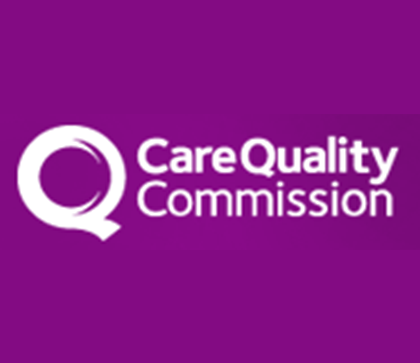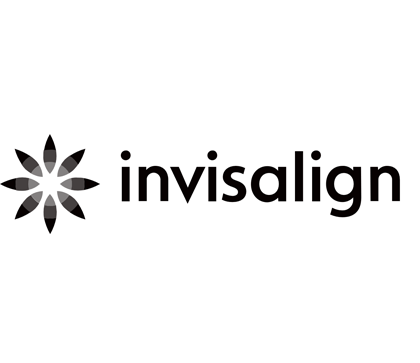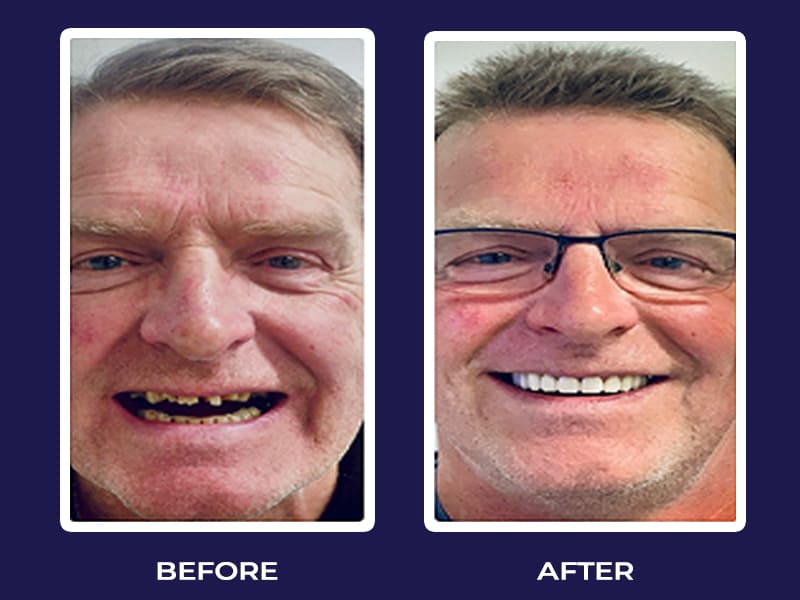
Oral Health Concerns Common In Seniors
December 28, 2021
As we age, our teeth do often experience wear and tear. Often more senior patients come to see us with cavities, missing teeth and receding gums, but there are some other common issues! Let’s take a look at some of the issues more common in senior patients we see.
1. Receding gums
Gum recession is fairly common, especially in more senior patients. The most common receding gums causes are poor dental hygiene, trauma, gum disease or even genetics. For those with gum recession more of the tooth root will be exposed and the gum will come away slightly from the tooth. Receding gums stages often vary but it is a gradual reduction. It’s important to catch this early or take preventative measures if you have receding gums. If you think you may be suffering from receding gums speak to your dentist to ensure you do not have gum disease, and then speak to them about how you can improve and maintain your dental hygiene. Receding gums treatment is to improve and maintain dental hygiene to prevent the recession from becoming worse; this is likely to include regular hygiene and periodontal appointments.
2. Cavities in teeth
Cavities in teeth can happen at any stage of our lives, while some are genetically more prone to having cavities; most are typically caused by poor dental hygiene or a highly sugary diet. For more senior patients maintaining good oral hygiene with conditions such as arthritis can make it more difficult to brush successfully. Ensuring you eat a balanced diet, and visit your dentist and hygienist regularly is the best way to avoid more dental decay or cavities.
3. Missing teeth
The older the patient the more chance of missing teeth. How can teeth falling out to affect us? Missing teeth can make it much harder to eat and can be quite uncomfortable. Missing teeth can also cause the jawbone to deteriorate around the missing tooth. The options for people with missing teeth are dental implants, a bridge or a denture. The treatment for missing teeth relies on ve
4. Gum disease
Gum disease again can occur at any time in a patient’s life. However, as we age the chance of getting gum disease can increase. Gum disease symptoms include bleeding gums when brushing, bright red gums, swollen gums, puss in between your gums and bad breath. Acute gum disease can be treated with non-surgical solutions like a deep clean with your hygienist to clean beneath the gum line; your dentist may even suggest antibiotics. For those with more advanced gum disease, it’s possible you may need surgical intervention. It’s important to speak to your dentist as soon as you see any symptoms above. A great way to prevent gum disease is to eat healthily, make sure you’re brushing well, visit your dentist for check-ups and ditch smoking if you do!
5. Dry mouth
having a dry mouth can be one of many side effects of a lot of medications! It’s important to stay hydrated if you are experiencing this. A lack of fluid can increase your risk of dental decay! Your dentist or doctor may prescribe medication if you are not producing enough saliva and it is affecting everyday life. However, here are some dry mouth remedies that may help you.
1. Stop smoking
2. Keep hydrated
3. Chew sugar-free gum
4. Avoid mouthwashes containing alcohol – this can have a drying effect on your mouth.
Here Are Some Relevant Pieces You Can Read About Dental Implants
- Can l drink Coffee After Dental Implant Surgery
- What Are Some Alternatives To Dental Implants
- How Long Does A Dental Implant Procedure Take
- Are Full Mouth Dental Implants A Good Idea
- Do all on four dental implants look natural?
- Dental Implants How It Works And What To Expect
- Dental Implant Surgery Recovery All You Need To Know
- 7 Questions To Ask Your Dentist Before Getting Dental Implants
- Dental Implants All You Need To Know

 Head Office - UK - Unit 1 B 132 Weyhill Road, Andover, Hampshire England, SP10 2PR.
Head Office - UK - Unit 1 B 132 Weyhill Road, Andover, Hampshire England, SP10 2PR. 









